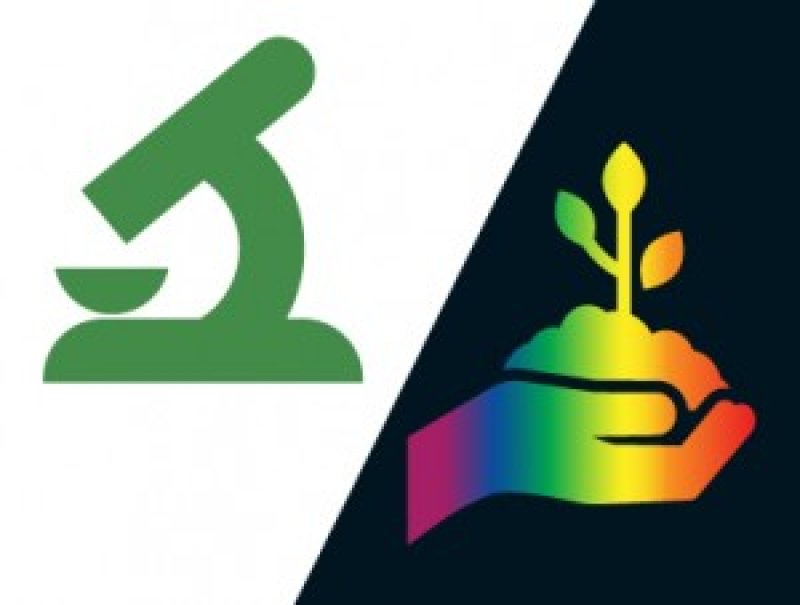The GLP aggregated and excerpted this blog/article to reflect the diversity of news, opinion and analysis.
Monsanto Co.’s undisclosed recruitment of scientists to write about the benefits of plant biotechnology is drawing fire from opponents.
The company’s role isn’t noted in the series of articles entitled, “GMO – Beyond the Science” published online in December by the Genetic Literacy Project, a nonprofit group that says its mission is “to disentangle science from ideology.” The group said that such a disclosure isn’t necessary because the the company didn’t pay the authors and wasn’t involved in writing or editing.
U.S. Right to Know, a nonprofit group funded by the Organic Consumers Association that obtained e-mails under FOIA, says correspondence shows the “corporate control of science and how compliant some academics are.”
Eric Sachs, who leads Monsanto’s scientific outreach, asked scientists to pen articles aimed at influencing “public policy, GM crop regulation and consumer acceptance.”
Jon Entine, the executive director of the Genetic Literacy Project, also defended the handling of the articles. “I got independent articles written by independent professors,” Entine said. “I ended up working with the professors to edit their pieces and I had total control over the final product. There is nothing to disclose.”
“It’s part of my mission as a public scholar to share knowledge,” Calestous Juma, a professor at Harvard said, a point also made by another two authors of the series articles. Disclosing Monsanto’s role is a matter for the publication, he said. Anthony Shelton, a professor at Cornell, said he stands by and takes full ownership of what he wrote.
University of Florida Professor Kevin Folta lamented the “rabid activism and religion” of an organic movement that vilifies scientists who support plant biotechnology.
Read full, original post: Pro-GMO Researchers Encounter Criticism Due to Monsanto Connection































